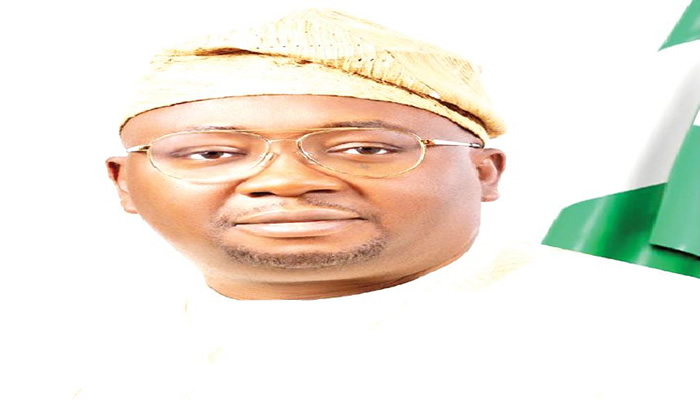Paragraph 1: Nigeria’s Energy Crisis and the Rise of Distributed Renewable Energy
Nigeria’s national power grid is in a state of severe distress, characterized by frequent collapses, deteriorating infrastructure, and chronic neglect. This has led to widespread power outages and unreliable electricity access, especially in rural areas. The grid’s instability stems from technical issues such as gas supply shortages, inadequate maintenance, and poor planning, compounded by financial challenges including non-cost-reflective tariffs, high losses, and significant debt. Commercial and governance issues, such as ineffective contracts, payment indiscipline, and weak corporate governance, further exacerbate the situation. This unreliable grid has left a significant portion of the population without access to electricity, forcing them to rely on expensive and polluting diesel and petrol generators, highlighting the urgent need for alternative solutions. Distributed renewable energy systems (DREs), including mini-grids, solar home systems, and embedded generation, have emerged as a promising solution to bridge this energy gap and drive sustainable growth.
Paragraph 2: The Nigerian Electricity Regulatory Commission (NERC) and its Role in Promoting Renewable Energy
Recognizing the potential of renewable energy, the Nigerian Electricity Regulatory Commission (NERC) has taken a proactive role in promoting its adoption, especially in the distributed generation space. Empowered by the Electricity Act 2023, NERC is responsible for licensing and regulating all entities involved in the electricity value chain, with a specific mandate to promote renewable energy development and increase its share in the energy mix. NERC employs a multi-faceted approach to regulation, encompassing rule-setting, rate-setting, monitoring, dispute resolution, licensing, and registration. Key regulations like the Mini-Grid Regulations, Eligible Customer Regulations, and the Supplementary Order to MYTO 2024, mandating a certain percentage of electricity from embedded generation (with a portion from renewables), demonstrate NERC’s commitment to fostering a favorable environment for DREs.
Paragraph 3: NERC’s Regulatory Framework and its Impact on DRE Deployment
NERC’s regulatory framework has been instrumental in accelerating the deployment of DREs across Nigeria. The increase in the mini-grid licensing threshold from 1 MW to 5 MW streamlines the process for larger renewable energy projects, encouraging private sector investment. Regulations facilitating interconnected mini-grids allow for integration with the existing distribution network, promoting efficient energy distribution and expanding renewable energy access. These initiatives have spurred a significant increase in mini-grid approvals, demonstrating the effectiveness of NERC’s approach. Additionally, NERC has licensed numerous embedded and captive generation projects powered by renewable sources, further diversifying the energy mix and promoting localized power generation.
Paragraph 4: Investments and Partnerships in Nigeria’s Renewable Energy Sector
Nigeria’s burgeoning renewable energy sector has attracted significant investments from international development agencies and private investors. The European Union, German Agency for International Cooperation, Nigeria Sovereign Investment Authority, World Bank, and African Development Bank have all committed substantial funding to support the development of DRE projects, including mini-grids, solar home systems, and embedded generation. These investments, coupled with NERC’s regulatory support, have created a conducive environment for private sector participation, driving innovation and accelerating the deployment of renewable energy solutions. The data from NERC reveals a substantial increase in approved renewable energy projects, showcasing the growing momentum in the sector.
Paragraph 5: Challenges and Controversies: The Proposed Ban on Solar Panel Imports
Despite the progress made in the renewable energy sector, a recent policy proposal to ban the importation of solar panels has sparked controversy. While the government argues that this ban aims to support local manufacturing, stakeholders warn that it could worsen the energy crisis, given Nigeria’s current limited domestic production capacity for solar panel components. Experts argue that the ban, without adequate investment in local manufacturing infrastructure and technological capacity, will hinder the progress made in expanding energy access through solar solutions. They Advocate for a more nuanced approach that focuses on incentivizing local production through tax breaks, tariff concessions, and access to affordable financing, rather than an outright ban.
Paragraph 6: The Way Forward for Nigeria’s Renewable Energy Transition
As Nigeria strives for energy sustainability, the role of NERC as a proactive and effective regulator is crucial. The Commission’s ongoing efforts to streamline regulations, promote private sector participation, and facilitate the integration of DREs into the national grid are vital for achieving long-term energy security. However, policy decisions, like the proposed import ban, need careful consideration and should be based on data, stakeholder input, and a clear roadmap for local manufacturing development. A balanced approach that fosters both local production and leverages international partnerships is essential for ensuring that Nigeria’s renewable energy journey leads to widespread energy access and sustainable development. This involves balancing the need to support nascent domestic industries with the immediate need to provide affordable and reliable electricity to its citizens.














